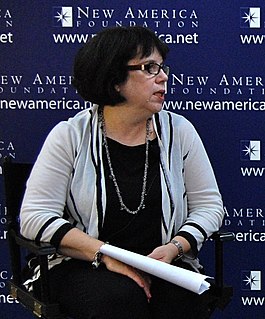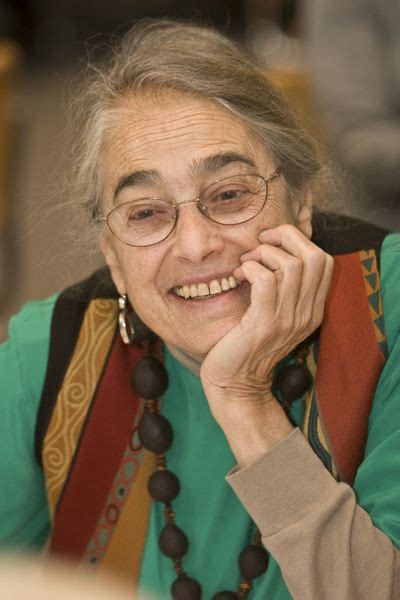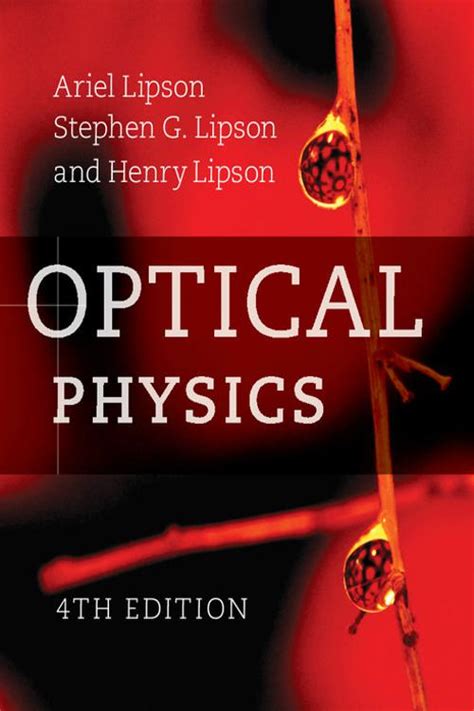A Quote by Stephen Jay Gould
Before Kuhn, most scientists followed the place-a-stone-in-the-bright-temple-of-knowledge tradition, and would have told you that they hoped, above all, to lay many of the bricks, perhaps even the keystone, of truth's temple. Now most scientists of vision hope to foment revolution. We are, therefore, awash in revolutions, most self-proclaimed.
Related Quotes
Beyond the Einsteins and Darwins, most scientists don't have chroniclers. Einstein and Darwin were geniuses - that helps. Many scientists do amazing stuff, but it just disappears into footnotes and dusty medical journals. If I were masochistic enough, I could spend the rest of my life rescuing scientists. Most of them aren't natural self-promoters.
I believe in truths, but I don't believe in the Truth. Furthermore, I think that vision of an underlying Truth, with as capital T, that scientists are privy to, has been a very counterproductive vision. It has served scientists very well, but what it has done, above all, is encloses the world of science and immunize it from criticism.
Kuhn was the intellectual of whom many scientists said he's 'telling it as is it is' insofar as talking about a process of 'tinkering' in terms of theory and experiment followed by radical changes. But often, what Kuhn had in mind were some very spectacular incidents in the history of the sciences that changed our way of looking at the world.
If the God of revelation is most appropriately worshipped in the temple of religion, the God of nature may be equally honored in the temple of science. Even from its lofty minarets the philosopher may summon the faithful to prayer, and the priest and sage exchange altars without the compromise of faith or knowledge.
The Scripture says that He, the Lord, came walking in the Temple, with His train; I do not know who they were, unless His wives and children; but at any rate they filled the Temple, and how many there were who could not get into the Temple I cannot say. This is the account given by Isaiah, whether he told the truth or not I leave every body to judge for himself.
No Temple made by mortal human hands can ever compare to the Temple made by the gods themselves. That building of wood and stone that houses us and that many believe conceals the great Secret Temple from prying eyes, somewhere in its heart of hearts, is but a decoy for the masses who need this simple concrete limited thing in their lives. The real Temple is the whole world, and there is nothing as divinely blessed as a blooming growing garden.
Brothers and sisters, I believe that there are few, even temple workers, who comprehend the full meaning and power of the temple endowment. Seen for what it is, it is the step-by-step ascent into the Eternal Presence. If our young people could but glimpse it, it would be the most powerful spiritual motivation of their lives.
We have focused on the miracle-thing and I think we often overlook the message of Hanukkah. To me, the core of the holiday is the cleaning of the temple.... The accomplishment was in restoring the temple to the purpose for which it was built. Now think of the temple as a symbol. Perhaps it represents my life. The world has tried to use me for its own (perhaps good, but none-the-less extrinsic) purposes. But now I can rededicate myself to my own original purpose.
Darwin's book, On the Origin of Species, was published in 1859. It is perhaps the most influential book that has ever been published, because it was read by scientist and non- scientist alike, and it aroused violent controversy. Religious people disliked it because it appeared to dispense with God; scientists liked it because it seemed to solve the most important problem in the universe-the existence of living matter. In fact, evolution became in a sense a scientific religion; almost all scientists have accepted it and many are prepared to 'bend' their observations to fit in with it.
Scientists are people of very dissimilar temperaments doing different things in very different ways. Among scientists are collectors, classifiers and compulsive tidiers-up; many are detectives by temperament and many are explorers; some are artists and others artisans. There are poet-scientists and philosopher-scientists and even a few mystics.





































